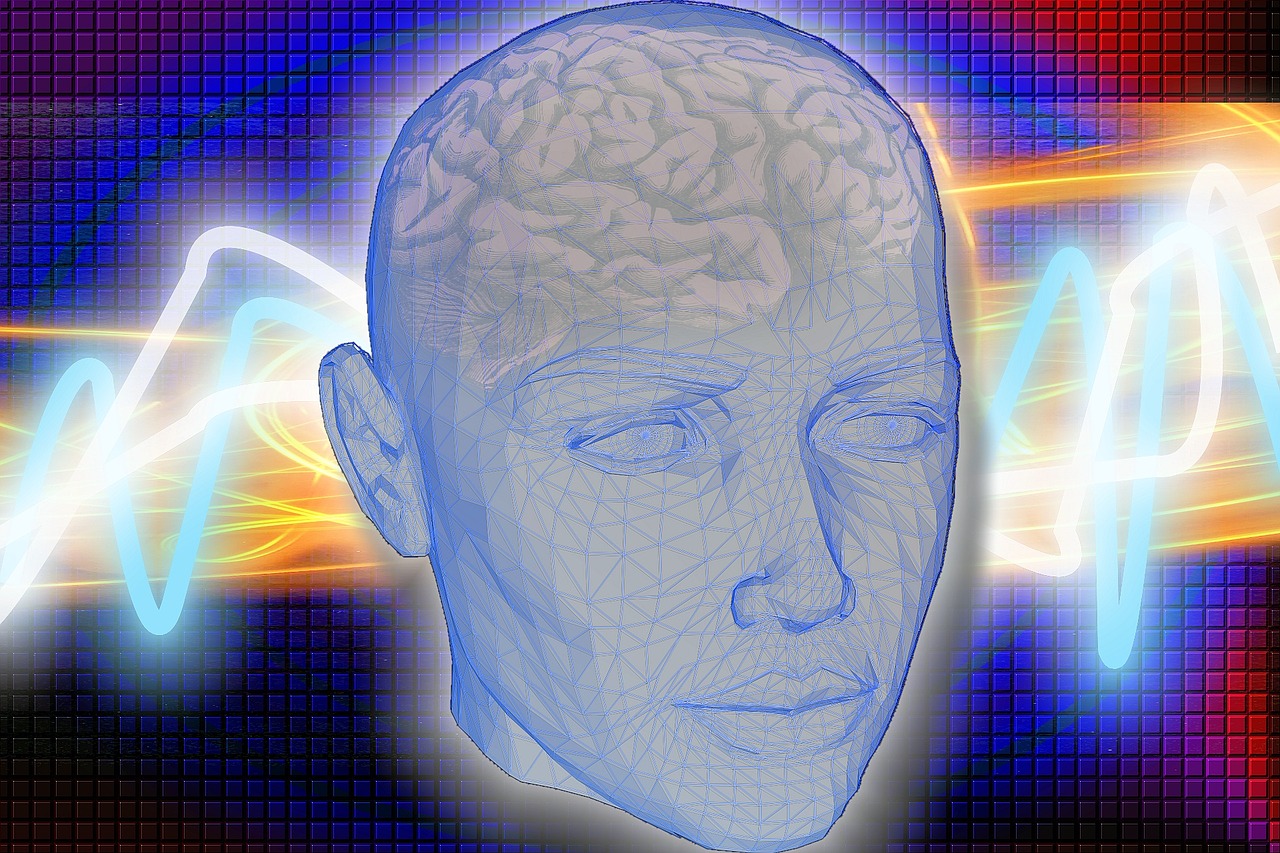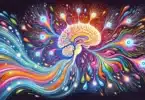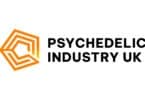CBD for OCD? “CBD is able to naturally and harmoniously break the cycle of obsessions and compulsions, thus allowing the person with OCD to experience a peaceful state of mind and the opportunity to lead a productive life.”
What is OCD?
Before discussing the idea of using CBD for OCD, let’s understand what is an obsessive-compulsive disorder (OCD). OCD is defined by “obsessions” which lead to “compulsions”. Obsessions are uncontrollable, reoccurring thoughts which may include fixations on dirt, harm, fears, sexual or religions acts, and superstitions – to name only a few.
Compulsions are repetitive thoughts and/or behaviors that need to be repeated over and over whose goal is to neutralize or banish the obsessions. Examples are excessive washing and cleaning, constant checking and rechecking, acting in multiples, as well as arranging and rearranging items.
The obsessions trigger the compulsions, and unless the compulsions can be carried out, one develops escalating stress and anxiety. The result for some is difficulty interacting socially whether it be at home or at work, and for others, it becomes a challenge to perform even the most ordinary activities of daily living such as showering and getting dressed.
OCD appears in 1 in 40 adults and is more common in females than in males.
What is CBD?
CBD is one of many molecules produced by the cannabis plant. It acts inside the cell rather than on the cell surface. It is the second most common molecule found in the cannabis plant after THC (delta 9 tetrahydrocannabinol). Because it does not bind to the CB1 receptor on the cell wall to increase dopamine, it has no psychoactive effects (cannot get you high), no tolerance, no withdrawal, and no addictive potential.
What is the rationale in using CBD for OCD?
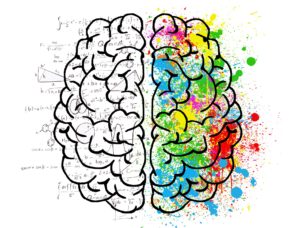
CBD For OCD: An increased levels of anandamide in the part of the brain where the symptoms of OCD are generated.
CBD binds to FABP (fatty acid binding protein) thereby preventing the body’s naturally produced cannabinoid – anandamide, from being degraded by FAAH (fatty acid amide hydrolase). This results in increased anandamide levels in the part of the brain where the symptoms of OCD are generated. The result is a successful decrease in the repetitive thoughts and an elimination of the behaviors that occur in order to banish these intrusive thoughts.
If there any evidence that CBD for OCD is effective?
In October 2013, an experiment was conducted which showed that CBD can help control the symptoms of obsessive-compulsive disorder. It was published in the journal “Fundamental & Clinical Pharmacology”. Animal subjects were given a drug meta-chloro-phenyl-piperazine (mCPP), otherwise known as “ecstasy”. When this drug was taken by humans, it was found to increase the symptoms of OCD. As expected, when it was administered to the study subjects, it caused symptoms of OCD. This was clinically demonstrated by observing the animal subjects burying multiple marbles in sand. After being given CBD (in high doses) they stopped burying multiple marbles in the sand, evidence that their OCD behavior ceased. These results were reproduced when the study subjects were administered high doses of fluoxetine (Prozac) – a prescribed drug known for the last twenty years to help treat OCD.
Is there any radiological support that CBD can help treat OCD?
A study was published in October 2003 in “Neuropsychopharmacology” where functional neuroimaging was performed in order to locate the part of the brain affected by those suffering with OCD. Blood flow was measured using single-photon emission computed tomography (SPECT). A single blinded study was performed in ten healthy volunteers. The subjects were randomly divided and given CBD or placebo. The study was then repeated one week later, and the treatment drugs were switched. Those who received CBD on week one, received placebo week two, and those who received placebo on week one, received CBD week two. Each volunteer was evaluated by SPECT after treatment was given on week one, and again after treatment was given on week two.
Two important results were seen:
1) When a subject received CBD, he demonstrated decreased anxiety, but when he received placebo, there was no affect.
2) Brain imaging revealed that the CBD caused decreased regional cerebral blood flow in the part of the brain called the left amygdala-hippocampal complex & the left posterior cingulate gyrus, both important parts of the limbic region. The limbic system is the emotional center of the brain and is essential in the formation of new memories about past experiences.
In addition to OCD, examples of other disorders that are generated in the limbic region of the brain are: epilepsy, anxiety disorders, schizophrenia, dementia, and ADHD.
Prior studies done in earlier years (McGuire et al, 1994, Bisaga et al, 1998, Bystritsky et al, 2001; Boshuisen et al, 2002, PTSD, Osuch et al, 2001, and Schneider et al, 1999) found the same results. In all of these studies, a broad range of anxiety and anxiety-related disorders were evaluated with radiological studies evaluating regional cerebral blood flow. After administration of CBD, the area of the brain that was “overactive” began to show decreased activity, representing improvement of the patient’s symptoms.
How does cannabidiol (CBD) treat OCD?
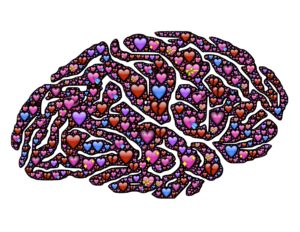
CBD for OCD: Finally there is hope
When CBD is given, it inhibits the breakdown of anandamide, the “bliss” hormone that is naturally produced by the body, thereby allowing the individual to feel a sense of calm. This is superior to the effects of a tranquilizer or a sedative, both of which can make you unfocused or foggy, and safer than the possible side effects of high doses of fluoxetine which include a black box warning for suicidal thoughts or actions.
CBD For OCD: take-home point:
CBD is able to naturally and harmoniously break the cycle of obsessions and compulsions, thus allowing the person with OCD to experience a peaceful state of mind and the opportunity to lead a productive life.
References:
“Effects of Cannabidiol on Regional Cerebral Blood Flow.” Neuropsychopharmacology 29 October 2003,Volume29, pages417–426 (2004)
“Cannabidiol as a Potential Treatment for Anxiety Disorders.” Neurotherapeutics. 2015 Oct; 12(4): 825–836.
“Marble burying reflects a repetitive and perseverative behavior more than novelty-induced anxiety.” Psychopharmacology (Berl) 2009;204:361–373.
“Cannabidiol reverses the mCPP-induced increase in marble-burying behavior.” Fundam Clin Pharmacol. 2014;28:544–550.
“Plasma and brain pharmacokinetic profile of cannabidiol (CBD), cannabidivarine (CBDV), Delta(9)-tetrahydrocannabivarin (THCV) and cannabigerol (CBG) in rats and mice following oral and intraperitoneal administration and CBD action on obsessive-compulsive behavior.” Psychopharmacology (Berl) 2012;219:859–873.
“Functional anatomy of obsessive–compulsive phenomena.” Br J Psychiatry 1994;164: 459–468.
“Cerebral glucose metabolism in women with panic disorder.” American Journal of Psychiatry 1998; 155:1178-1183
“Functional MRI changes during panic anticipation and imagery exposure.” Neuroreport 2001:12:3953-3957
“cCBF differences between panic disorder patients and control subjects during anticipatory anxiety and rest.” Biol Psych 2002;52:126-135
“Regional cerebral blood flow correlated with flashback intensity in patients with posttraumatic stress disorder.” Biol Psychiatry 2001;50: 246–253.
“Subcortical correlates of differential classical conditioning of aversive emotional reactions in social phobia.” Biol Psychiatry 1999;45: 863–871.
“Cerebral metabolic correlates as potential predictors of response to anterior cingulotomy for obsessive compulsive disorder.” Biol Psychiatry November 1, 2001;Volume 50, Issue 9, Pages 659–667 50: 659–667.
“A voxel-based investigation of regional cerebral blood flow abnormalities in obsessive–compulsive disorder using single photon emission computed tomography (SPECT).” Psychiatry Res 2000 Jul 10;99(1):15–27: 15–27.
“Cannabidiol reverses the mCPP‐induced increase in marble‐burying behavior.” Fundamental & Clinical Pharmacology Volume 28, Issue 5 October 2013; pages 544-550

